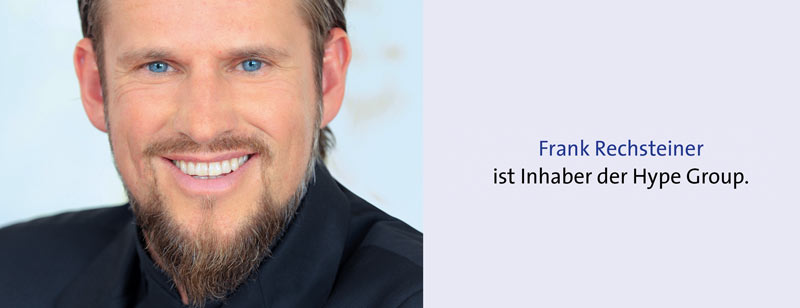Travel less, live more


Work-life balance is the magic word, especially when it comes to starting a family. In concrete terms, this means that more and more 30- to 35-year-olds are leaving SAP consulting because they don't want to be on the road all the time, but want to enjoy more of a private life. This is bad luck for employers, who are already having a hard enough time finding qualified consultants due to the growing shortage of SAP specialists.
Point contact is sufficient
But there is another way, as the example of some large SAP consulting firms shows. Instead of requiring their consultants to be present at all times in customer projects, these trend-setting employers assume that many tasks can be completed remotely from the office or home office.
Even in the case of time-critical projects distributed across international locations, experience has shown that direct contact with the customer is only necessary on a selective basis: among other things, at the start of the project for the creation of the requirements catalog, during joint workshops and milestone discussions, and at the conclusion for the presentation of results.
Medium-sized SAP consulting firms can also benefit from the new remote approach - but should first set the following organizational course.
Consent by customer
Point out to customers the cost savings associated with not having consultants present at all times. Since no travel expenses and travel time have to be reimbursed on "remote days," the daily rates are correspondingly lower. In addition, customers save on their personnel resources because employees from IT and specialist departments do not have to constantly look after the external consultants on site.
IT-supported project management
Especially when consultants are not always personally available, the use of special project management systems is indispensable to achieve timely transparency on the status of implementation.
Only in this way is it also possible to initiate suitable countermeasures promptly in the event of deviations from the plan, for example impending delays or budget overruns.
Exchange information with customers on a regular basis! Create a schedule that specifies exactly through which channels who communicates with whom. This increases transparency and helps build trust.
It is advisable to inform the stakeholders at the customer's site about the progress of the project at milestones and at certain intervals, to answer open questions, and to carry out reconciliations. For current questions and problems, set up a permanent hotline.
Part-time also at management level
In addition, part-time models are available to enable SAP consultants to achieve a good work-life balance. This work model can also be implemented without any problems if it is done in coordination with the customers.
One example is MaibornWolff, a specialist in IT consulting and software engineering that even offers part-time opportunities for project managers.
"The biggest challenge was initially on the customer side, where there was uncertainty about whether such a model could even work at the line level"
says Simon Eisenried, Head of Recruiting at MaibornWolff.
But with open, honest discussions, he says, the consulting firm has succeeded in allaying customers' fears and developing the part-time offering into a clear competitive advantage in recruiting at every level of the hierarchy.
Other SAP consulting firms should follow suit and integrate flexible work models into their recruiting and communications strategy - whether remote, part-time, home office, or time value accounts.
Only those who offer today's consultants work opportunities that are dynamically adaptable to changing life circumstances will be able to tap into new potential in recruiting.








